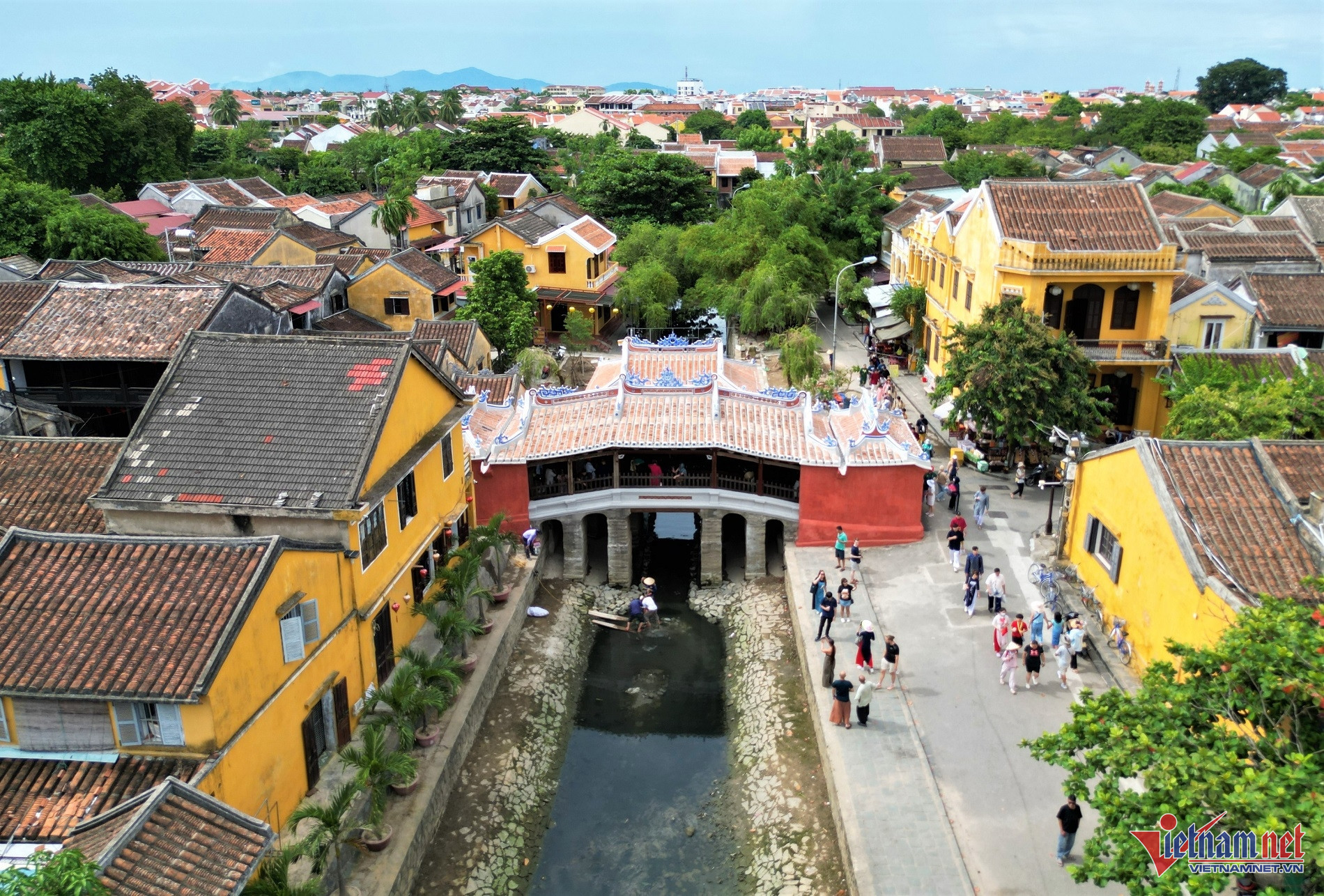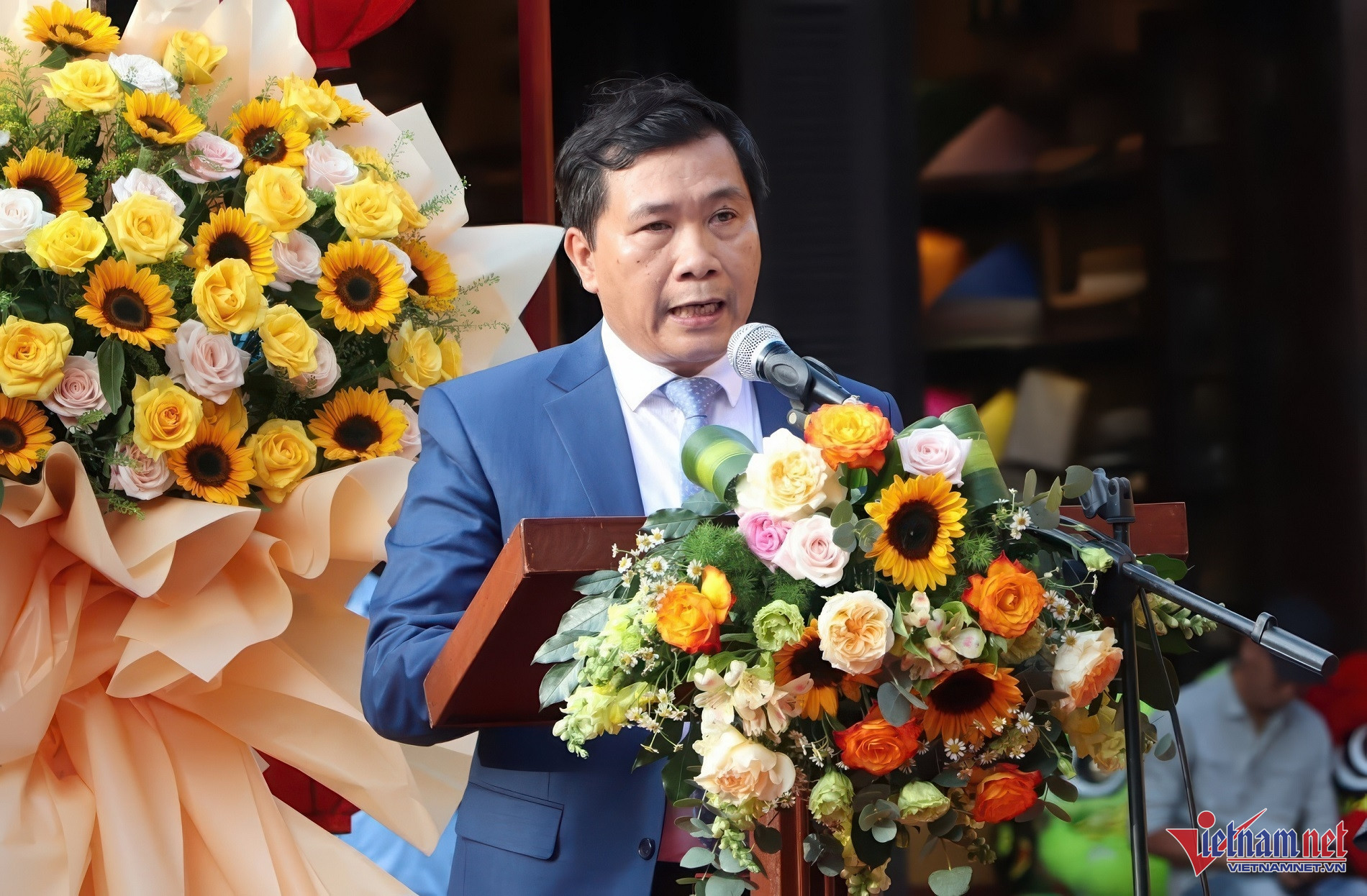This historic bridge, an emblem of Hoi An's rich cultural heritage, has undergone its largest renovation to date, sparking debate and drawing interest from locals and tourists alike.

The People’s Committee of Hoi An City, Quang Nam, recently inaugurated the restoration project of the Japanese Bridge to coincide with the 20th Hoi An - Japan Cultural Exchange event.
This extensive restoration of Japanese Bridge is the largest ever undertaken, with a total cost of 20.2 billion VND ($800,000).
According to the Hoi An Center for Cultural Heritage Conservation Management, the architectural form and structural integrity of Japanese Bridge, from its overall appearance to detailed components, have been preserved almost entirely.
The overarching restoration approach emphasized preserving the original architectural form, structural elements, and historical artifacts to the fullest extent possible.
Following the restoration, Japanese Bridge's deficiencies have been nearly entirely rectified, with significant reinforcement ensuring its stability and durability, allowing it to continue standing as a testament to Hoi An's cultural heritage.

"After 19 months of construction, the project has been meticulously completed, achieving the desired results in preserving the architectural, historical, and cultural values of the monument, meeting the expectations of those who cherish this exceptional architectural work," stated Nguyen Van Son, Chairman of the Hoi An People’s Committee.
Phan Thai Binh, Vice Chairman of the Quang Nam Provincial People's Committee, highlighted that Japanese Bridge is a national monument of particular value within the World Heritage Site of the Ancient Town of Hoi An. It is a structure that preserves historical significance and cultural depth, symbolizing the tradition of international cultural exchange in Hoi An, Quang Nam, and Vietnam.
"The restoration of Japanese Bridge was conducted with great care by the Hoi An People’s Committee, considering scientific, historical, cultural, and legal aspects. Differing opinions about the restoration's outcome are normal, reflecting the widespread affection for Japanese Bridge and Hoi An," Binh commented.

